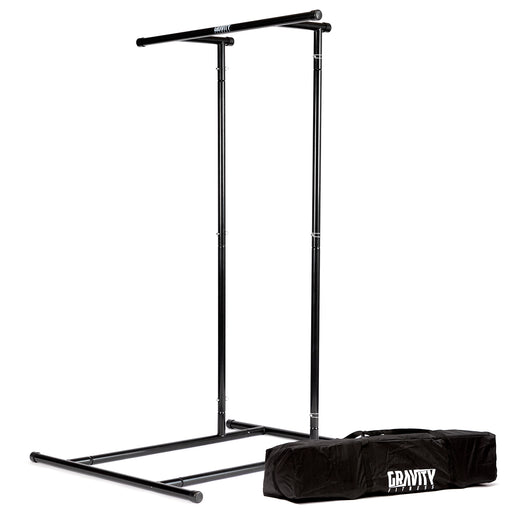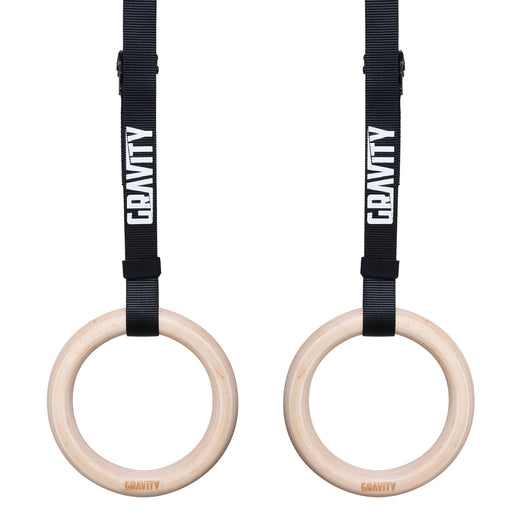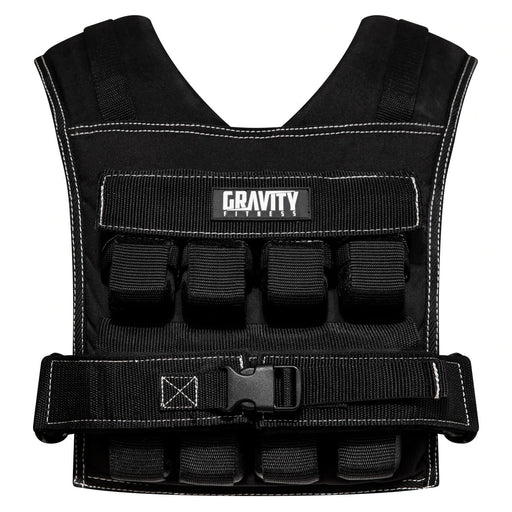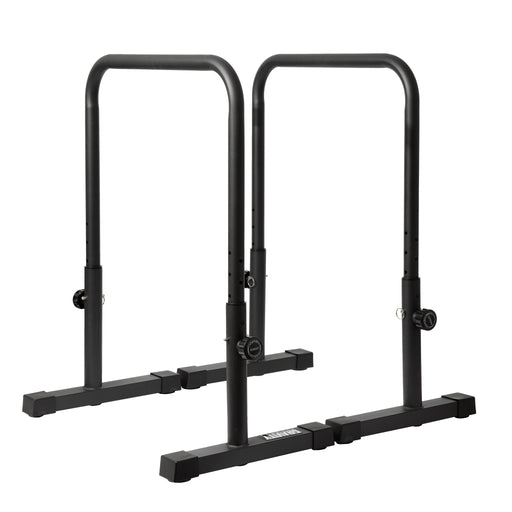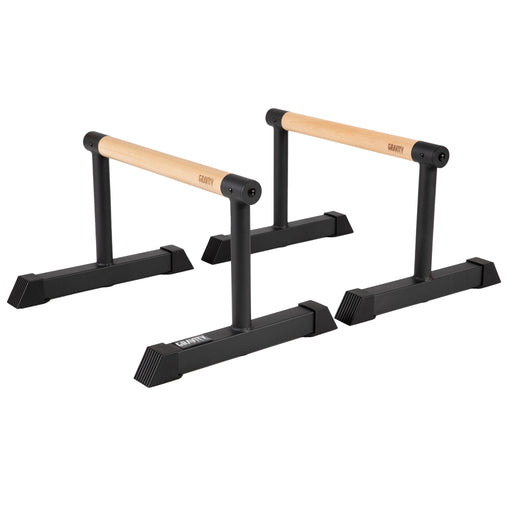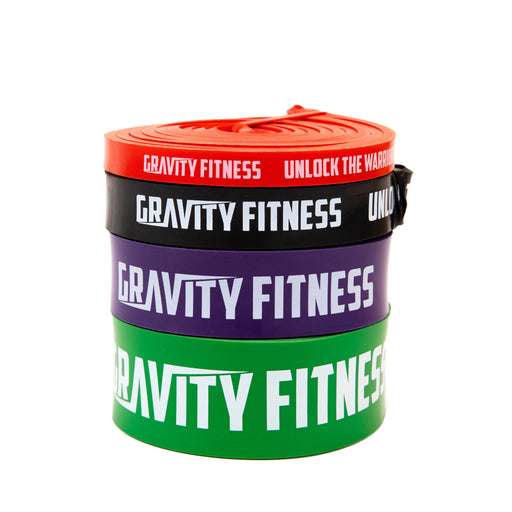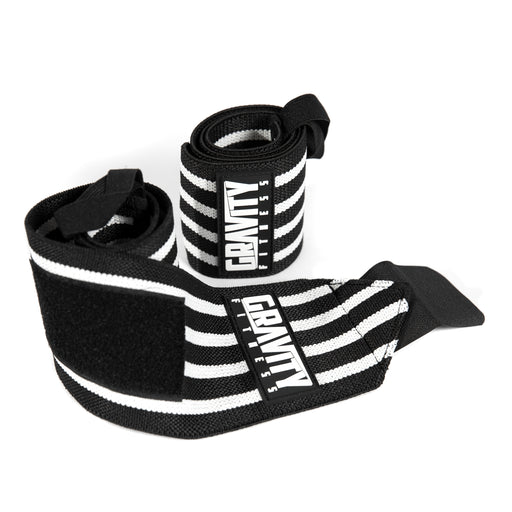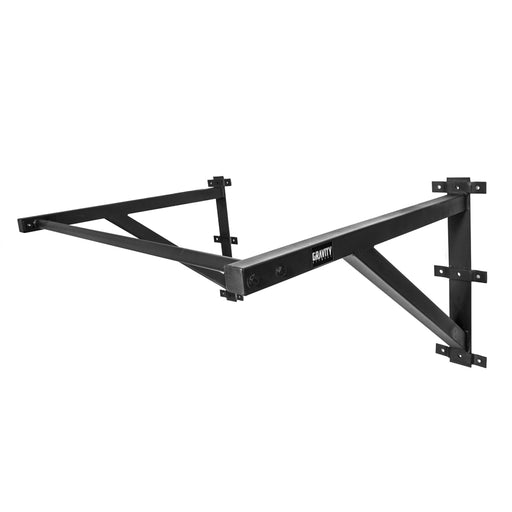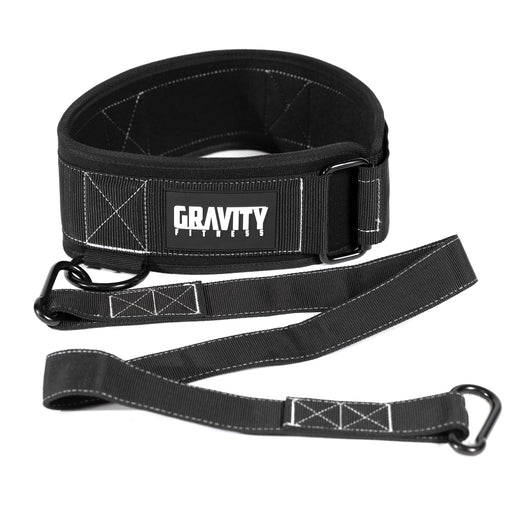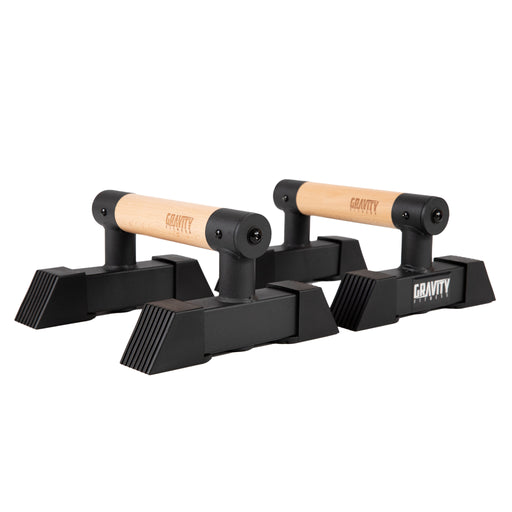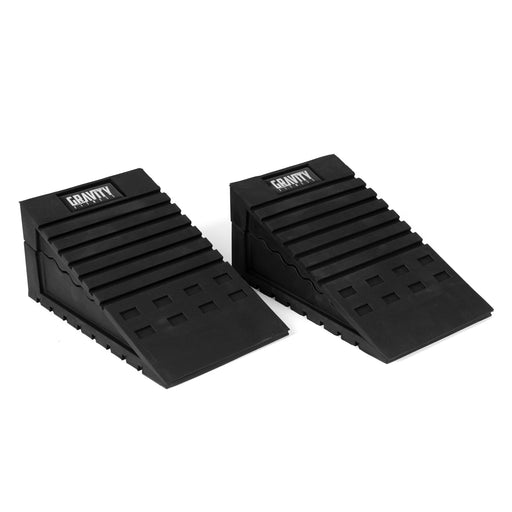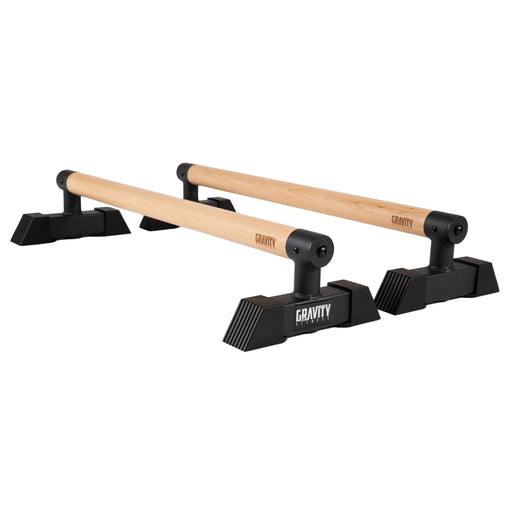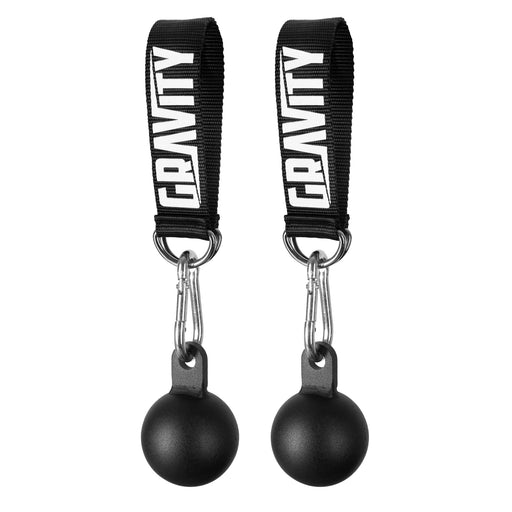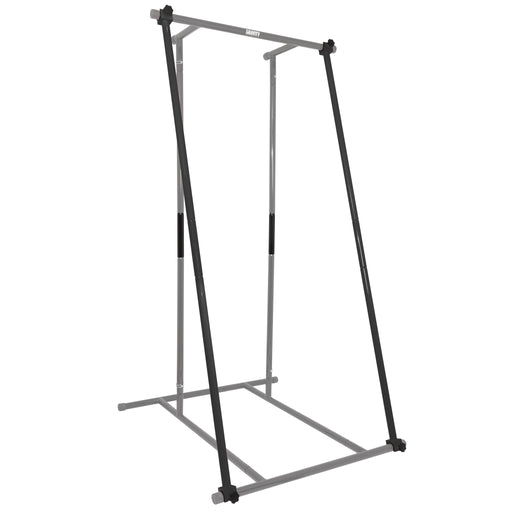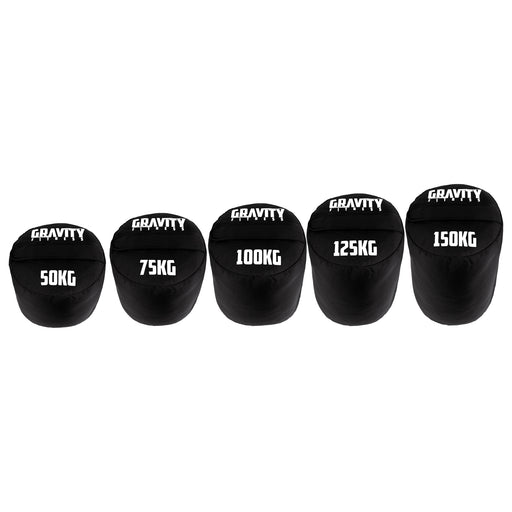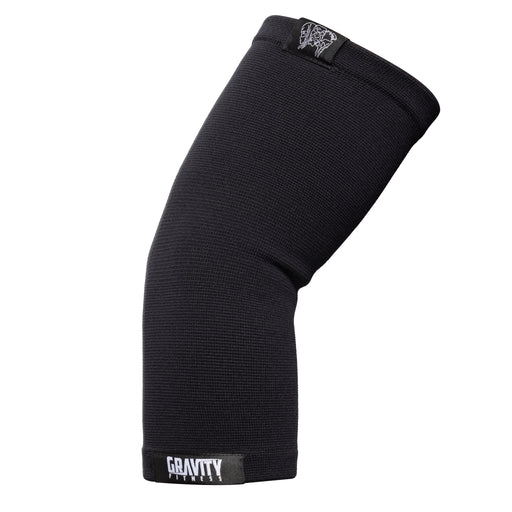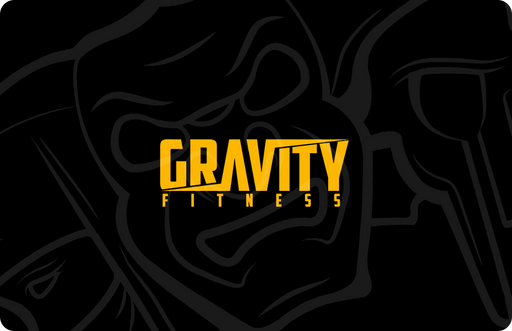Fuelling the Bodyweight Athlete: Nutritional Strategies for Calisthenics Training
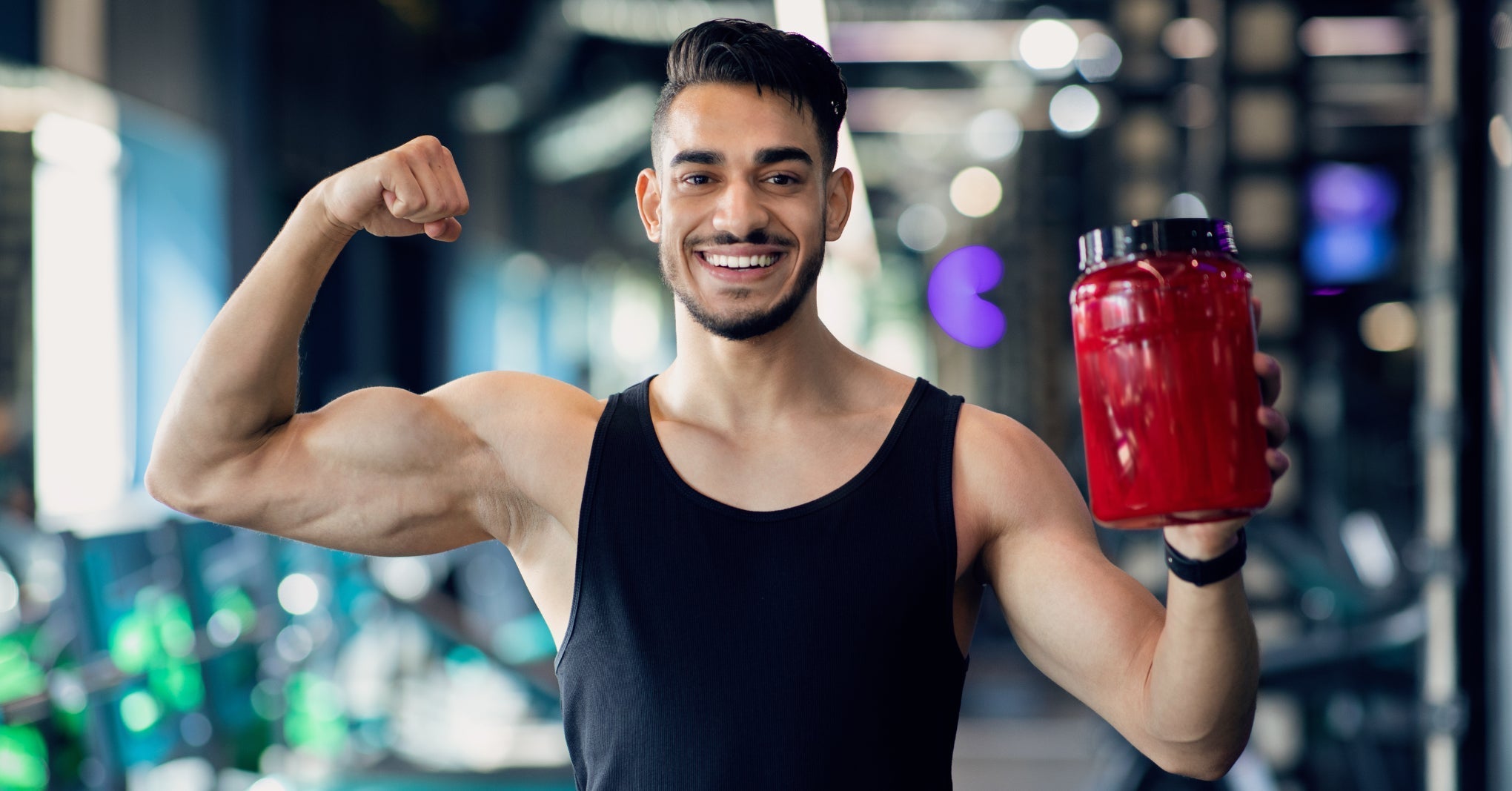
Calisthenics is a raw, minimalist style of training—but make no mistake, it demands maximum performance from your body. Whether you're grinding out push-ups, chasing your first muscle-up, or perfecting an L-sit, your fuel matters. Nutrition isn’t just about calories—it’s about giving your body what it needs to recover faster, build lean muscle, and perform at its peak.
In this article, we break down the most effective nutritional strategies for calisthenics athletes. No hype. Just the fundamentals that work.
Why Nutrition Matters for Calisthenics
Calisthenics might not involve barbells or machines, but it still places serious demands on the body. You’re constantly lifting, holding, and controlling your own weight. That means you need fuel that supports strength, endurance, recovery, and lean muscle development—without slowing you down.
The difference?
Unlike some gym-based training that focuses on raw load, calisthenics is about relative strength—your power-to-weight ratio. This makes nutrition a double-edged sword: you need enough food to grow stronger, but not so much that it hinders your movement or body control.
The Core Goals of Calisthenics Nutrition
To train effectively, your diet should support:
-
Lean muscle growth
-
Fat regulation
-
Joint and tendon recovery
-
Consistent energy without crashes
Let’s break that down into the three macronutrients: protein, carbohydrates, and fats—and how to use each one to your advantage.
Protein: Build and Recover
Why it matters:
Protein is essential for muscle repair and growth. Every time you perform a tough set of pull-ups, you create micro-tears in your muscle fibres. Protein helps rebuild those fibres stronger.
How much to aim for:
For most active athletes, the sweet spot is 1.6 to 2.2 grams of protein per kilogram of body weight per day. That means if you weigh 75kg, shoot for 120–165g daily.
Best sources for calisthenics athletes:
-
Chicken breast, turkey, lean beef
-
Eggs and egg whites
-
Greek yogurt and cottage cheese
-
Protein shakes (whey or plant-based)
-
Lentils, beans, tofu, tempeh (for plant-based diets)
Quick tip:
Distribute your protein evenly across 3–5 meals per day. Your body can only use so much protein at once for muscle repair. Spreading it out keeps recovery constant.
Carbohydrates: Fuel and Performance
Why it matters:
Carbs are your body's preferred fuel source for explosive movement, high-rep sets, and long sessions. Without them, you’ll burn out early, struggle with recovery, and underperform in workouts.
The goal is to fuel performance, not to bulk up.
How much to aim for:
Start with 3–5 grams of carbohydrates per kilogram of body weight. Adjust up or down depending on training intensity, your physique goals, and energy levels.
Best sources for calisthenics athletes:
-
Oats, brown rice, quinoa
-
Sweet potatoes, white potatoes
-
Fruit, especially berries and bananas
-
Wholegrain bread or wraps
-
Honey or maple syrup (ideal around training)
Pre-workout fuel:
Have a moderate-carb meal or snack 60–90 minutes before training. Something like oats with banana or a slice of toast with peanut butter gives you a steady energy curve.
Post-workout fuel:
Pair carbs with protein to replenish glycogen and support recovery. A shake with oats, banana, and whey protein works well here.
Fats: Hormones and Recovery
Why it matters:
Healthy fats regulate hormones, reduce inflammation, and support joint health—all critical when you’re loading up your body daily through calisthenics movements.
How much to aim for:
Fat should make up roughly 20–30% of your total daily calories. That could be around 70–90g per day depending on your size and training goals.
Best sources for calisthenics athletes:
-
Avocados, nuts, seeds
-
Olive oil, coconut oil
-
Fatty fish (salmon, mackerel)
-
Dark chocolate (in moderation)
Avoid trans fats and heavily processed oils—they do more harm than good.
Timing and Meal Frequency
You don’t need to eat every 2 hours or follow some extreme fasting protocol. But timing matters when you want to train hard and recover faster.
Basic meal timing strategy:
-
Pre-workout (60–90 minutes): Moderate carbs + protein
-
Post-workout (within 1 hour): Carbs + protein to kickstart recovery
-
Throughout the day: Balanced meals to support muscle maintenance and consistent energy
Snacks between meals can help you hit your targets if you struggle to eat larger meals. A protein bar, shake, or handful of almonds and fruit can keep you going.
Hydration and Micronutrients
Water is non-negotiable. Being just 2% dehydrated can drop your performance significantly—and you’ll feel it during high-rep calisthenics sets or skill holds.
Aim for at least 2.5–3 litres per day, more if you're sweating heavily or training outdoors.
Don’t neglect micronutrients, either. These play a role in everything from tendon health to immune support.
Key micronutrients to prioritise:
-
Magnesium – Supports muscle contraction and recovery
-
Vitamin D – Affects strength, immune health, and bone density
-
Zinc – Helps tissue repair and hormone balance
-
Omega-3 fatty acids – Reduces inflammation and supports joint health
Whole foods should be your main source, but consider a high-quality multivitamin and omega-3 supplement if you train hard or follow a restrictive diet.
Should You Use Supplements?
Supplements can help, but they don’t replace real food. Think of them as tools, not shortcuts.
Useful supplements for calisthenics athletes:
-
Whey or plant-based protein – Easy way to hit your daily targets
-
Creatine monohydrate – Supports strength, endurance, and recovery (5g/day)
-
Electrolytes – Especially if you train outdoors or sweat heavily
-
Greens powders – Can help fill micronutrient gaps on busy days
Stick to well-researched, clean options—no gimmicks, no nonsense.
Nutrition for Lean Mass vs. Fat Loss
Your goal dictates your intake.
To build lean mass:
Slightly increase your calorie intake (about 10–15% over maintenance). Keep protein high and carbs steady to support training volume.
To lose fat:
Create a moderate calorie deficit (300–500/day). Prioritise protein and volume-rich foods like vegetables, while keeping carbs around workouts for performance.
Remember: in calisthenics, being lighter while maintaining strength improves performance. Lean and strong always beats bulky and sluggish.
Final Thoughts
What you put on your plate directly impacts what you can do on the bar.
You don’t need a perfect diet. But you do need a consistent one—built around whole foods, smart timing, and enough fuel to train and recover hard.
At Gravity Fitness, we don’t believe in fads or fluff. Just what works. Nutrition is part of the bigger picture of performance—and when you pair it with a smart training plan, you become the strongest version of yourself.
















